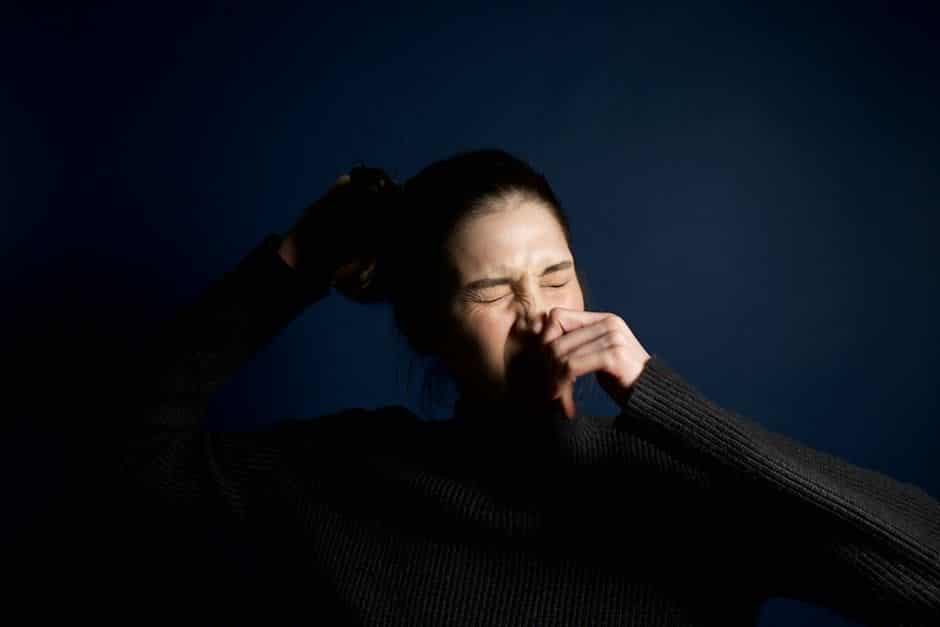Sure! Here’s the translation to American English:
—
Dr. Ignacio Ansotegui, head of the Allergy and Immunology Service at Quirónsalud Bizkaia Hospital, has raised concerns about an increase in allergy cases presenting for the first time in seemingly healthy adults. This phenomenon, which was previously mainly associated with childhood, has become increasingly common in the adult population.
The typical symptoms of these allergies, which are often confused with colds or temporary episodes, include sneezing, watery eyes, itching in the palate, and digestive discomfort. Ansotegui explains that while allergies typically develop in early life, they can also manifest in adulthood.
Among the triggers for late-onset allergies are accumulated exposure to allergens, environmental pollution, and certain hormonal changes. Pollution, in particular, can affect the innate immune system, increasing the likelihood of allergic reactions. A common example is seasonal rhinitis; many adults are starting to associate their spring symptoms with allergies rather than colds.
Furthermore, an increase in food allergies that can arise unexpectedly has been observed. For instance, an adult who has consumed shellfish for years may experience swelling in the lips or difficulty swallowing, which could relate to previous sensitizations to other allergens.
A recent study by the European Academy of Allergy and Clinical Immunology indicates that up to 30% of the European population may face some form of allergic disease, and this figure is projected to continue rising due to climate change and current lifestyle habits. Dr. Ansotegui warns that many of the initial symptoms of allergies may have gone unnoticed or confused with other conditions for years.
To diagnose these allergies, the specialist suggests observing whether symptoms recur during certain times of the year, if they improve with rain, or if they arise after contact with specific foods or animals. In such cases, it is advisable to consult an allergist for the appropriate diagnostic tests.
The treatment of allergies in adults focuses on three pillars: avoiding the allergen whenever possible, treating symptoms with antihistamines or inhalers, and resorting to immunotherapy in specific cases. This last option aims to modify the patient’s immune response, allowing them to stop reacting to the allergen, thus providing a long-term solution.
—
Let me know if you need anything else!
Source: MiMub in Spanish











